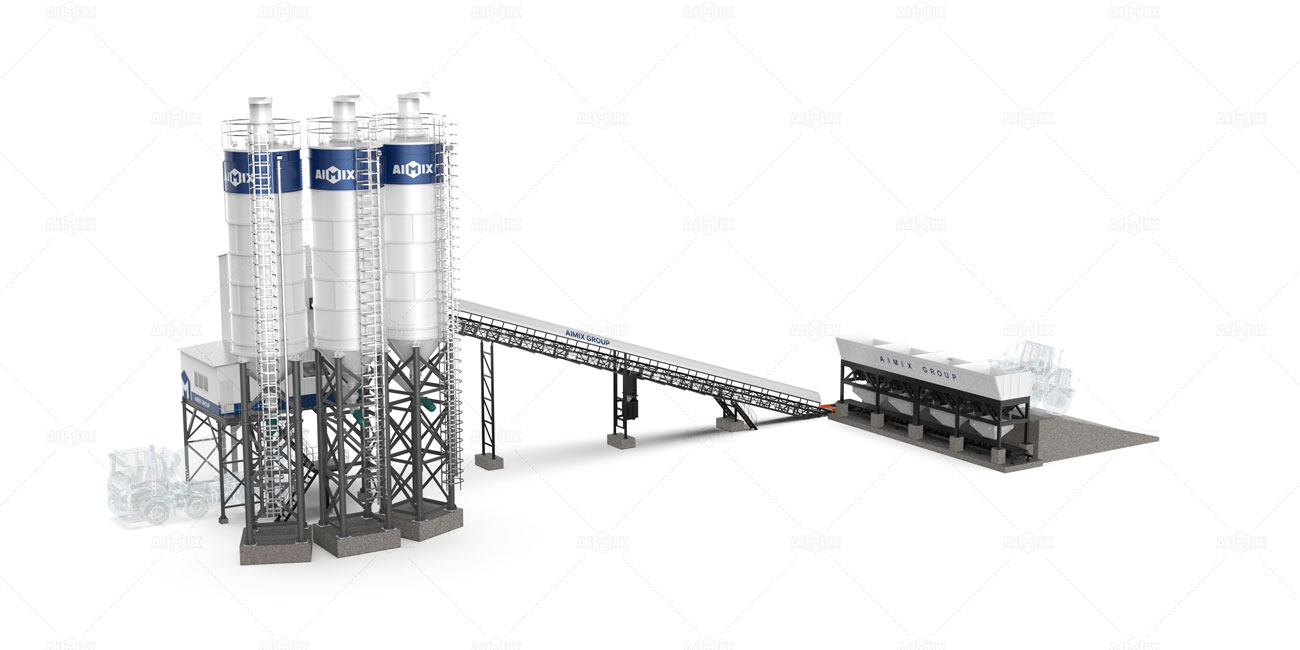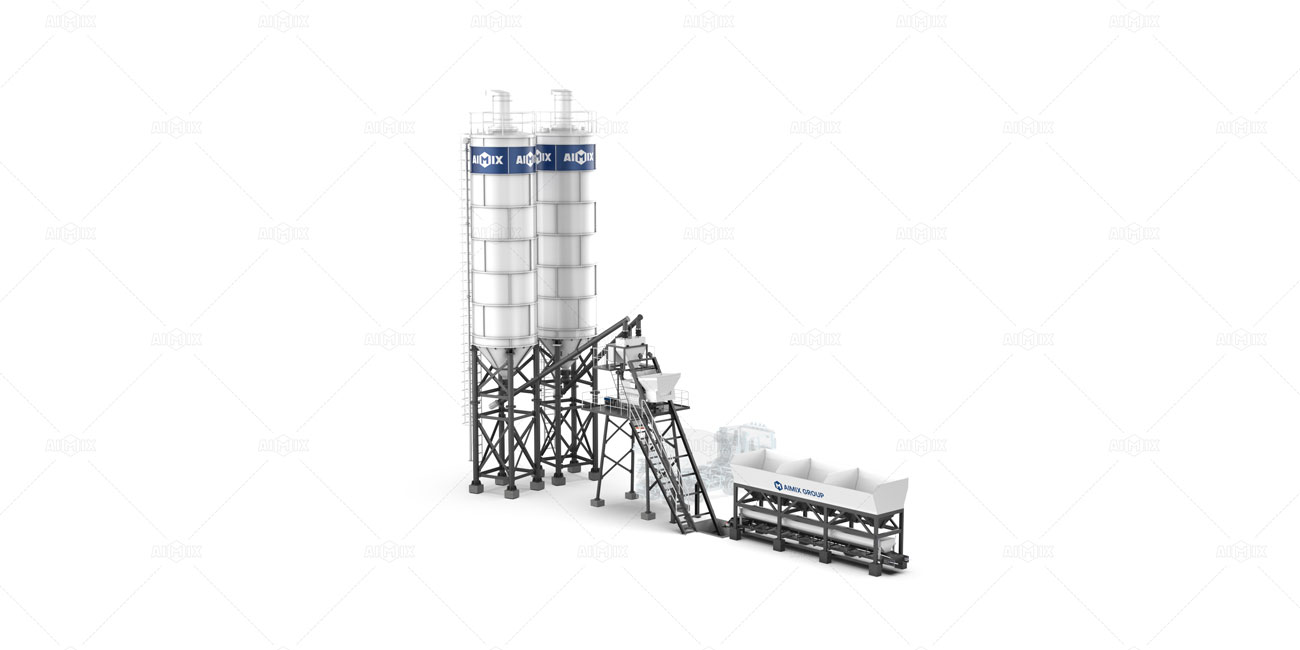The concrete industry stands at an environmental crossroads, with ready mix plants facing mounting pressure to reduce their carbon footprint while maintaining profitability. As global construction codes tighten and sustainability becomes a competitive differentiator, forward-thinking ready mix plant operators are recognizing that green upgrades aren't just ethical choices—they're strategic business imperatives. The transition to eco-conscious production involves more than superficial changes; it requires reimagining traditional processes through the lens of circular economy principles and energy innovation.
Modernizing a ready mix operation doesn't necessitate starting from scratch. Targeted upgrades to existing infrastructure can yield dramatic environmental benefits while improving operational efficiency. From advanced dust collection systems to AI-driven batching algorithms, the green technologies available today address every aspect of concrete production. These innovations don't simply mitigate environmental impact—they often enhance product quality, reduce waste, and future-proof plants against increasingly stringent regulations. The most progressive operators are discovering that sustainability and profitability can coexist harmoniously in the concrete business.

Energy Efficiency Overhauls for Core Systems
The heart of any ready mix plant's environmental impact lies in its energy consumption. Replacing traditional motors with high-efficiency NEMA Premium models can reduce electricity usage by 15-25%, while variable frequency drives optimize power consumption based on real-time demand. Thermal imaging audits often reveal surprising opportunities—insulating aggregate storage bins and hot water pipes frequently cuts heat loss by 40% or more.
Some plants are taking energy innovation further by integrating renewable sources. Solar panel arrays on unused land or building roofs can offset 30-50% of a concrete batching plant's energy needs, with battery storage systems smoothing out production peaks. More ambitious operations are experimenting with small-scale wind turbines or waste heat recovery systems that repurpose energy from mixer truck exhausts. These upgrades frequently qualify for green energy incentives, improving their return on investment.
Waste Reduction Through Advanced Material Management
Concrete production generates multiple waste streams that green-ready plants are learning to valorize. Water reclamation systems now recover up to 90% of process water, filtering and treating it for reuse in subsequent batches. This closed-loop approach not only conserves resources but eliminates the environmental hazards of wastewater discharge.
Material handling upgrades offer equally compelling benefits. Automated aggregate sorting systems with optical sensors separate contaminated or off-spec materials before they enter the mix, reducing rejection rates. Some plants are incorporating carbon capture technologies that inject CO₂ into mixing water, where it mineralizes and actually enhances concrete strength. Perhaps most innovatively, a growing number of operations are using AI-powered batching systems that optimize mix designs in real-time, minimizing cement use without compromising performance specifications.

Emission Control and Community Relations
The visible environmental impact of ready mix plants—dust and exhaust emissions—has become a make-or-break issue for community acceptance and regulatory compliance. Modern baghouse filtration systems now capture 99.9% of particulate matter, with some designs incorporating the collected dust back into production as a supplementary material. These systems are particularly effective when paired with automated yard sprinklers that maintain optimal moisture levels without water waste.
Noise pollution, another perennial concern, is being addressed through innovative plant designs. Sound-dampening enclosures for mixers and generators, combined with strategic landscaping using noise-absorbing vegetation, can reduce operational decibel levels by 50%. Forward-looking mobile concrete plants are going beyond compliance by installing continuous emission monitoring systems that provide real-time data to both operators and neighboring communities, building trust through transparency.
The journey toward sustainable concrete production isn't about sacrificing performance for principles—it's about leveraging innovation to achieve both. Plants implementing these green upgrades are discovering unexpected benefits: lower operating costs, improved product consistency, and enhanced marketability to environmentally conscious clients. As the construction industry's sustainability expectations continue evolving, ready mix operations that embrace these changes today will find themselves at the vanguard of tomorrow's market. The concrete plants that will thrive in the coming decades aren't just mixing materials—they're mixing innovation with responsibility to create a genuinely sustainable built environment.


